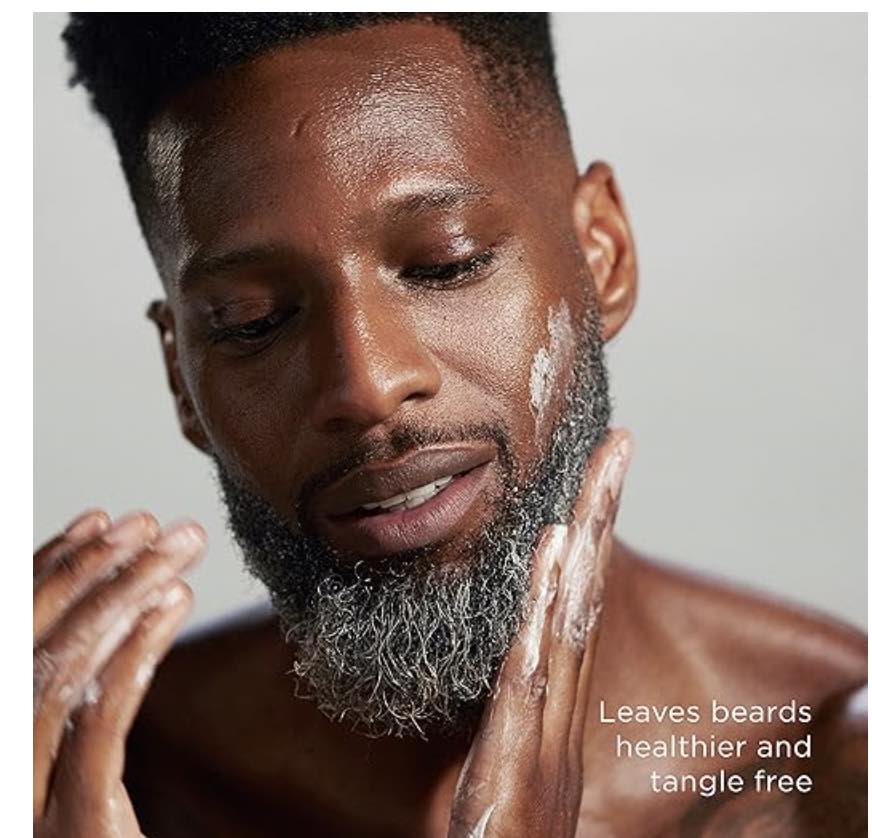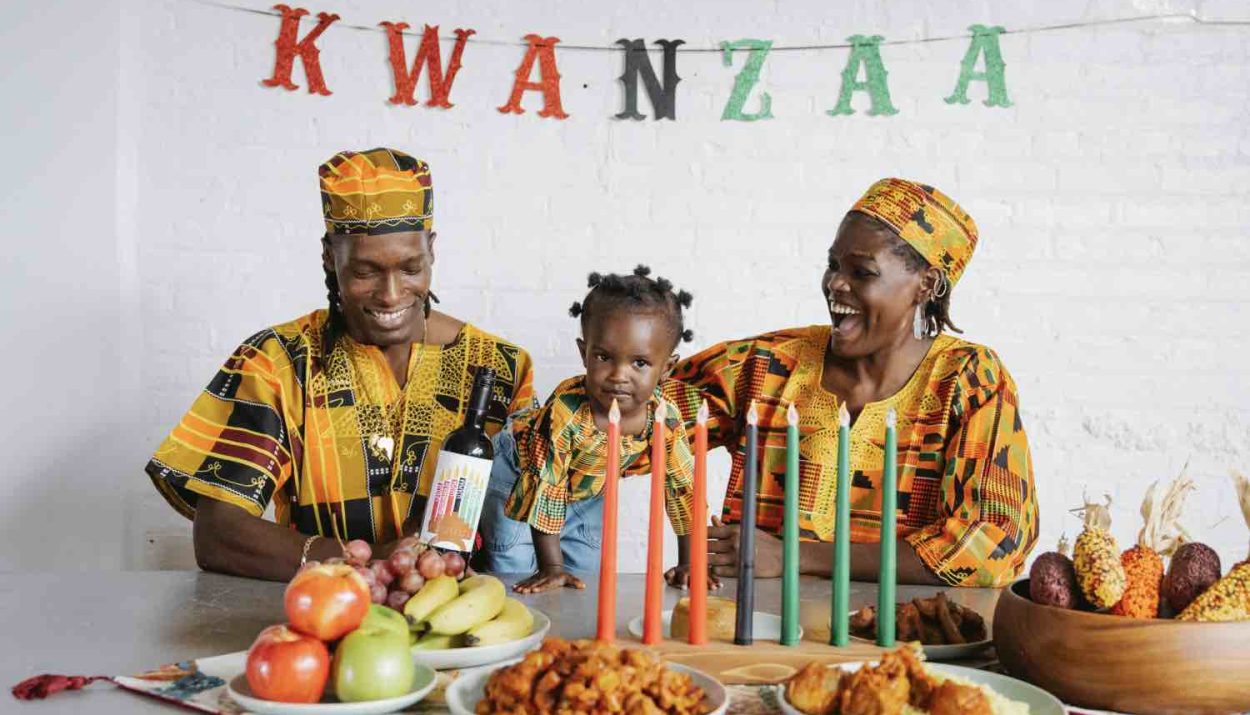From December 26 to January 1, millions around the world come together to celebrate Kwanzaa, a vibrant week-long tribute to African American culture and heritage. Born out of traditional African harvest festivals, Kwanzaa was founded in 1966 by Maulana Karenga, an African American scholar and activist.
With over 12 million global observers, Kwanzaa has evolved into a beautiful celebration that transcends faith and cultural boundaries. Interestingly, people from diverse faiths – including Muslims, Christians, Jews, Buddhists, Baha’i, and Hindus – unite in over 100 countries to honor the seven principles of Kwanzaa, known as the Nguzo Saba.
Article By: Nia Davenport, Cultural Correspondent
The Seven Principles of Kwanzaa
Kwanzaa is centered around seven principles known as the Nguzo Saba:
- Umoja (Unity): Emphasizes the importance of unity among family and community.
- Kujichagulia (Self-Determination): Celebrates the right to define oneself and one’s community.
- Ujima (Collective Work and Responsibility): Recognizes the value of collective work and responsibility.
- Ujamaa (Cooperative Economics): Encourages cooperative economic efforts.
- Nia (Purpose): Focuses on the importance of purpose and building a better future.
- Kuumba (Creativity): Celebrates creativity and innovation.
- Imani (Faith): Emphasizes the importance of faith and trust in oneself, one’s family, and community.
Celebrating Kwanzaa
During Kwanzaa, families and communities come together to:
- Light the kinara (a seven-branched candleholder)
- Recite the principles in Swahili
- Sing and dance to traditional African music
- Feast on traditional African and African American dishes
- Engage in discussions and activities focused on the principles
Statistics and Demographics
According to a 2020 survey by the National Retail Federation, approximately 1.3 million people in the United States celebrate Kwanzaa.
A 2019 survey by the Pew Research Center found that:
- 62% of African Americans have heard of Kwanzaa
- 25% of African Americans celebrate Kwanzaa
- 12% of African Americans celebrate both Kwanzaa and Christmas
A Word of Caution
It’s essential to remember that not everyone celebrates Kwanzaa, and it’s crucial to respect individuals’ choices and traditions. Assuming that all African Americans or people of African descent celebrate Kwanzaa can be alienating and dismissive of their unique experiences and traditions.
Conclusion
Kwanzaa is a meaningful holiday that celebrates African American culture, heritage, and community. By understanding and respecting the principles and traditions of Kwanzaa, we can foster greater empathy, inclusivity, and appreciation for diverse cultures.
Sources:
- National Retail Federation. (2020). Winter Holidays.
- Pew Research Center. (2019). How Americans celebrate holidays.
- Official Kwanzaa Website. (n.d.). The History of Kwanzaa.
The Art of Shaving Beard Prep Kit
Say goodbye to itchiness and ingrown hairs with The Art of Shaving Beard Prep Kit – your beard’s new best friend.



At no extra cost to you, some or all of the products featured below are from partners. It’s how we make money as an Independent Digital Magazine. This does not influence our recommendations or editorial integrity, but it does help us keep the site running.






